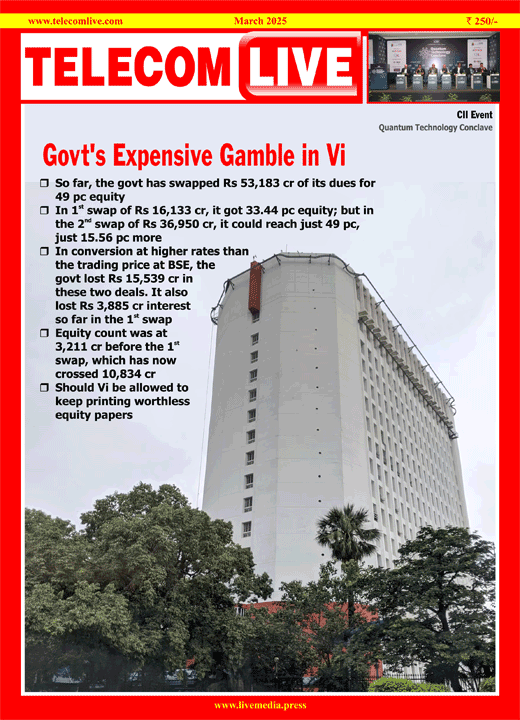Google employing ‘delaying tactics’ and exploiting loopholes, say startups
The recent changes by Google to its Android operating system and Play Store policies are “delaying tactics” and “cosmetic in nature”, Indians internet starups said, according to a report in the Economic Times (ET). The tech giant has appealed against the order of Competition Commission of India (CCI) that imposed a fine of Rs 1,337 crore for anti-competitive practices.
The startups said that the company is using the same “playbook” it employed in Europe and South Korea and exploiting “loopholes” to comply with the order that came into effect on January 26.
Google announced five changes to the way it operates on Wednesday. These include allowing device makers in India to license its individual apps for pre-installation and giving an option to users to choose their default search engine.
“Implementation of these changes across the ecosystem will be a complex process and will require significant work at our end and, in many cases, significant efforts from partners, original equipment manufacturers (OEMs) and developers,” Google said in a blog post.
The company, according to ET, has started the process of complying with the conditions laid down by CCI. On January 19, the Supreme Court denied giving interim relief to the tech giant and asked it to pay 10 per cent of the fine.
“Despite CCI’s directive, why is Google not allowing users to uninstall Google Maps and other apps and why is Google not allowing other app stores to be distributed through Google Play Store?” Rohan Verma, CEO of MapMyIndia, told ET.
“All directives in combination were designed to ease the monopolistic grip of Google on India’s digital ecosystem, but it seems like they are trying to defy the order and dilute the impact of the landmark CCI verdict as well as the honourable Supreme Court of India,” Snehil Khanor, co-founder and CEO of TrulyMadly.com, said.
The CCI ruled in October that Google, owned by Alphabet Inc, exploited its dominant position in Android and told it to remove restrictions on device makers, including those related to pre-installation of apps and ensuring exclusivity of its search.



